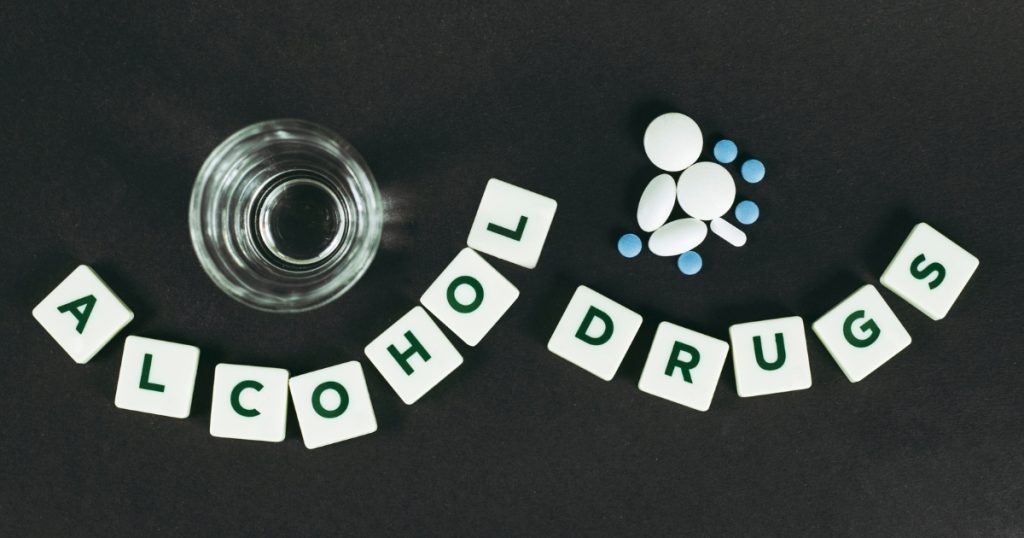High-functioning alcoholics often defy the stereotypical image of addiction. They hold steady jobs, manage households, and maintain social lives, all while battling alcohol dependence. The hidden nature of high-functioning alcoholism makes it especially dangerous, as people often overlook the warning signs. Thus, in this guide, we uncover the reality behind closed doors and explore how to recognize the signs before it’s too late.
What is High-Functioning Alcoholism?
High-functioning alcoholism refers to a form of alcohol use disorder (AUD) where the individual can maintain a seemingly normal life like holding a job, fulfilling family obligations, and engaging socially. They are doing all these despite a harmful dependence on alcohol. Further, these individuals often appear successful, responsible, and in control, making their condition unable to detect.
Unlike stereotypical portrayals of alcoholism, such as joblessness, broken relationships, or public intoxication, a high-functioning alcoholic maintains the outward appearance of success. They may excel in their career, support their families financially, and have social lives. However, behind the scenes, they are:
- Drinking heavily or daily, often in private or during “acceptable” times like work
- Hiding alcohol use or drinking before social events to appear “normal”
- Using alcohol to cope with stress, anxiety, or emotional discomfort
How do Functioning Alcoholics Maintain a Façade of Control?
Functioning alcoholics often live double lives, outwardly successful, while struggling with alcohol dependence. Thus, here’s how they manage to keep up this facade:
- Establishing “Acceptable” Drinking Patterns: Rather than drinking during the day or in isolation, functioning alcoholics often consume alcohol in socially acceptable ways. This includes events like having wine at dinner, drinks after work, or cocktails at networking events. Thus, these behaviors blend into cultural norms, which helps justify the habit both to others and themselves.
- Rationalizing and Minimizing the Behavior: Functioning alcoholics are skilled at making excuses for their drinking. They may compare themselves to others who drink more heavily, insist that they can stop “whenever they want,” or point to their success as proof that they’re in control.
- Drinking in Secret or Isolation: To avoid judgment or concern, functioning alcoholics may hide alcohol, sneak drinks before events, or drink heavily only when alone. Thus, ensuring their public image remains intact while their dependence continues in private.
Common Signs
High-functioning alcoholics may not fit the stereotypical image of addiction, which makes recognizing their problems more difficult, but no less urgent. They may appear successful and stable, but they often have an unhealthy and deeply ingrained relationship with alcohol. Here are some of the common signs to watch for:
- Over-Planning Social Events Around Alcohol: They prefer events where alcohol is present like choosing a dinner spot known for drinks, or bringing alcohol to events where it’s not expected. Thus, their social life subtly revolves around opportunities to drink.
- “Reward Drinking” After Minor Achievements: Functioning alcoholics often justify drinking with small victories or stressors like finishing an email, surviving a meeting, or picking up groceries. Thus, turning into a ritual, reinforcing alcohol as a reward or emotional release.
- Avoidance of Morning Commitments: They may frequently decline morning meetings, brunches, or workouts, not because of laziness, but to recover from the previous night’s drinking or avoid showing signs of hangover fatigue.
- Irritation When Drinking is Interrupted: They become noticeably irritable or anxious if a drinking opportunity is delayed, canceled, or limited. If plans change or someone suggests skipping drinks, it triggers visible frustration.
The Psychological and Emotional Toll of Hidden Alcoholism
High-functioning alcoholism may not immediately cause chaos like other forms of addiction, but it inflicts profound and long-lasting damage on the mind and emotions. Functioning alcoholics often suppress, ignore, or hide their inner struggles because they maintain an outwardly “normal” life. Thus, these things only deepen their emotional pain. Here’s how hidden alcoholism takes a psychological toll:
- Chronic Guilt and Shame: Functioning alcoholics often carry a heavy burden of guilt and shame. Despite maintaining their careers and relationships, they are usually aware that their drinking habits are excessive. Thus, this awareness clashes with the image they project to the world, leading to internal self-criticism and emotional distress. They often feel remorse after each episode of heavy drinking, especially when they break promises to cut back. Over time, this cycle erodes self-esteem and creates a constant sense of failure.
- Increased Anxiety and Depression: While alcohol might offer temporary relief, ultimately intensifies mental health issues. High-functioning alcoholics often experience heightened anxiety and depressive symptoms, especially between drinking episodes or during periods of abstinence. Alcohol disrupts brain chemistry, lowers serotonin levels, and can worsen underlying mood disorders. Thus, the fear of losing control or being exposed intensifies emotional pressure. It then leads to a deeper dependence on alcohol for emotional escape.
- Rationalization and Mental Exhaustion: To keep up appearances, functioning alcoholics frequently rationalize their behavior. They tell themselves they’re “not that bad” or that “everyone drinks like this.” Over time, these justifications become mentally exhausting. Thus, this mental strain wears down their ability to think clearly or make sound decisions, making the problem harder to confront.
Conclusion
High-functioning alcoholism hides behind success and routine, making it dangerous and easy to overlook. Yet, the emotional toll is real and lasting. Recognizing the signs early can prevent long-term damage. If someone is struggling, seek drugs and alcohol counseling nearby to start the journey toward recovery and healing.


